Feedback. It’s a stage of the screenplay process that every writer both yearns for and fears. It’s marks an important milestone in the life of a script; the screenplay that we birthed from idea to first draft to rewrite to rewrite to rewrite is finally ready to be read by outside eyes. But that also means “Oh God, somebody’s going to read it! What will they say?”
Giving it to friends and family for feedback is not always the best way to go. I know how hard it is to give honest feedback to someone I care about because you don’t want hurt your relationship by being negative about their work. – Joe Crump, director of The Storyteller
Understanding Script Coverage
At its core, script coverage is the process of having a reader read the script, analyze it and then give a report/feedback. In the filmmaking world, script coverage is done at production companies who have stacks upon stacks of screenplays. Typically an intern or assistant will read the script and submit coverage that then determines whether the script will move up the ladder within the production company. In the screenwriting world, a writer can employ a coverage service/reader to get an outside perspective on their screenplay.
Traditionally, a script coverage report will consist of a synopsis, comments, and a recommendation.
- The Synopsis: This is the reader’s summary of your story.
- Comments: This is where the reader analyzes how well or poorly the writer communicated their story. What was the journey of the characters? What was clear? What wasn’t? Was the reader emotionally affected? Do they have any recommendations or suggestions on how the writer could solve some of their problems?
- Recommendation/Rating: This category is used by production companies and offers an opinion as to whether the screenplay should continue to be developed by said production company. There are typically four answers to this category: Pass, Consider With Reservations, Consider, or
So many options
There are countless companies/readers ready and willing to take your money in exchange for “coverage”. Do your research and ask yourself:
- Who is this company/reader? How long have they been in business?
- Who are their clients? Can you confirm that they’ve read and given coverage to the people/companies they claim?
- What are the reader’s credentials? Have they read scripts in your genre? Because yes, while it’s good to get an outside eye, script coverage is supposed to offer a trained outside eye.
- Do you know or can you get in touch with anyone who’s received coverage from this company? What was their experience?
Writer/director Joe Crump and writer/producer Rachel Noll used a unique method when seeking out their script coverage.
The place we found the most competent people for the best price has been by placing an ad on craigslist (gigs/writing). A lot of the people who responded to that ad had some pretty impressive credentials and the cost was typically between $100 and $125 per coverage. After each major rewrite, we’d find 3 or 4 people to do coverage. – Joe Crump, director of The Storyteller
Don’t want to place an ad? Here are some trusted Script Coverage companies courtesy of Stephanie Palmer and her site Good in a Room:
- Amanda Pendolino – Packages vary (A Feature under 130 pages = $129)
- Scriptapalooza – Packages vary, (Their Regular Package = 4-6 Pages of Coverage for $176)
- Screenplay Readers – Packages vary, (A One-Reader Package = 6-8 Pages of Coverage for $97)
I would also like to personally recommend Maureen Green at Book an Edit. While her services don’t include a Coverage Package, she does offer Story Notes and can refer you to a professional reader. I have used her services numerous times and have found her help invaluable.
How to deal with critical feedback
Sometimes I’d think they were hacks, sometimes they weren’t close and sometimes they were so close it was painful. Whatever they said, I always thanked them and never complained about their comments. – Joe Crump, director of The Storyteller
Even though we know a first, second or even third draft isn’t perfect, getting any kind of criticism or feedback is ALWAYS hard. The key to implementing coverage, is knowing how to listen.
They didn’t always get to the problem – sometimes they would talk around the problem and not really get it – but other times what they would said would give us ideas and a general guideline of where to go next. – Rachel Noll, producer of The Storyteller
Don’t get discouraged. Listen to Denzel!
So your script is ready, now what?
The start of a New Year brings many things: resolutions, commitments, and for writers it brings a new round of screenplay contests. There are countless contests, some are part of a larger film festival, others offer fellowships, and all of them bring a certain amount of prestige. As a filmmaker planning to produce your own film, winning a contest can bring both attention and possible funding to your project. As a writer, winning/placing in a contest can bring industry attention to not only the script you entered, but to you as a writer.
Think there are a lot of script coverage companies? There are even more screenplay contests. So, how do you decide which ones are worth entering?
I did research online and polled websites, fellow screenwriters and other resources to find the contests that had the industry clout and connections to actually help the winners advance their scripts and careers. Or prizes that were substantial or valuable. There are certainly a lot of contests to wade through, but you can pretty easily narrow them down by reading up on articles posted by other industry writers on which ones are worth your time. – Rachel Noll, producer of The Storyteller
Create a budget for how many competitions you’re going to enter and ask yourself:
- What am I trying to achieve by entering a Screenplay Competition?
- Are my chances of winning/placing and potential prizes worth the entry fee?
- Does the Screenplay Competition offer any kind of feedback? Is this in addition to the entry fee?
- Does the Screenplay Competition have a specific category for my script?
Here to Help!
Well, just as she provided a list of great Coverage Services, Former MGM Studio Executive Stephanie Palmer has also provided a list of the best 2016 Screenplay Contests on her blog Good in the Room. Here are her Top 5.
The Big Two:
- Academy Nicholl Fellowship – This is the MOST prestigious Screenplay Competition. Even becoming a Quarter-Finalist can help to open doors.
- Austin Screenplay Competition
Three Others:
- Blue Cat Screenplay Competition
- PAGE International Screenwriting Awards – you may recall that The Storyteller did VERY well this past year
- Scriptapalooza
Which contests did The Storyteller enter?
We entered the Nicholl Fellowship, Bluecat Screenplay Competition, PAGE International Screenwriting Awards, Script Pipeline, Final Draft Big Break, AFF Screenplay Competition, Scriptapalooza, and Stage 32 Features Contest. – Rachel Noll, producer of The Storyteller
The screenplay for the 2000 film Finding Forrester earned writer Mike Rich the Nicholl Fellowship in 1998. Check out the trailer below.
Remember your target audience
After writing an Action/Adventure screenplay, I submitted to a number of contests, including those that had an action/adventure category. These included the Breaking Walls Thriller Competition and the Film Crash Screenplay Competition. My script was a Finalist and Winner in the Action/Adventure Category respectively.
Screencraft is a GREAT resource for specific screenplay contests. They cover everything from Comedy to Action/Adventure to Short Films.
Another popular resource for script feedback – and for a few select scripts, even a road map to industry recognition – is The Black List. And no, this is not the James Spader series. Since 2005, The Black List has served as a highly respected database of the best unproduced scripts, with strong industry connections as the main selling point.
Read all about The Black List in our Do You Know: The Black List article.
I believe The Storyteller received a 7 from the person we paid for coverage. Which is quite good I’m told, but not enough to really get anything moving for us on there. We weren’t willing to pay to host the script for more than a couple of months without any organic traffic. It adds up fast. – Rachel Noll, producer of The Storyteller
The key to a great screenplay is understanding where your script is in the writing process and what you need to get it to the next stage. Getting feedback is crucial to making any script grow. Whether Coverage, Contests or The Black List is your next stage, you should now have a better understanding of what’s involved in each stage.
Here’s the trailer for a personal favorite that was listed on the 2010 Black List report.
h/t Good In A Room and in particular this blog post for being incredibly helpful when researching this article
Image source: Nicholl Fellowship/Facebook

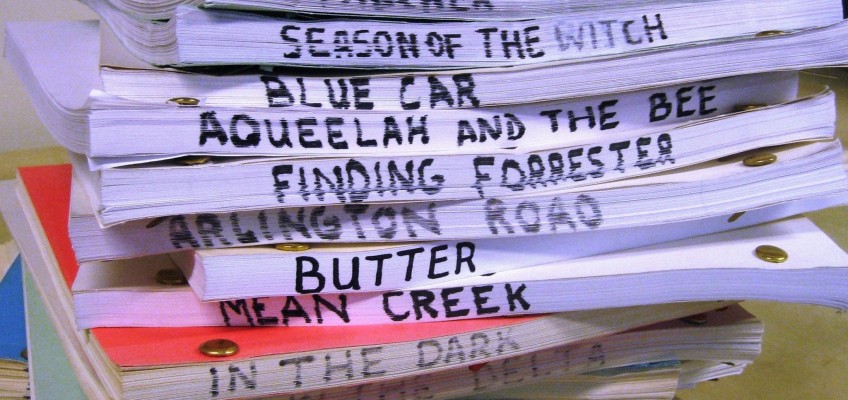
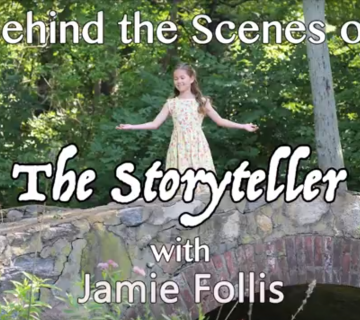
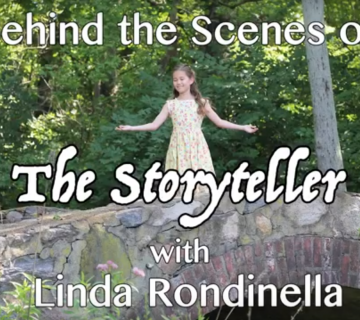
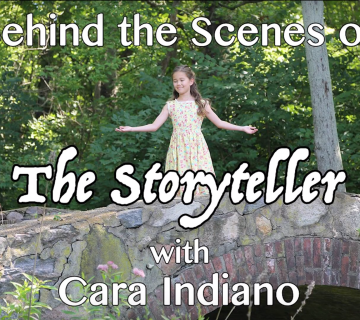
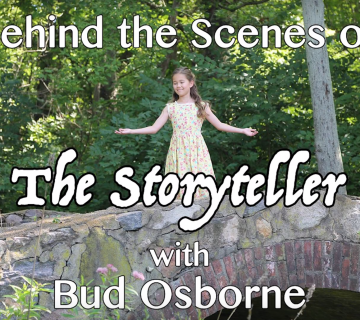
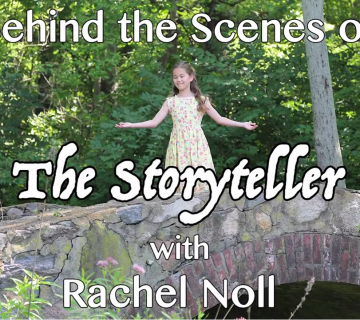
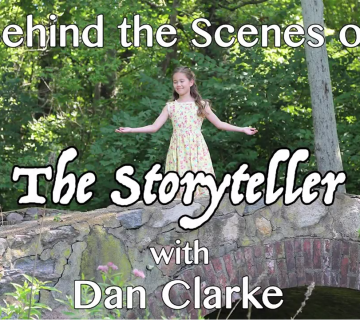

Join the Conversation →